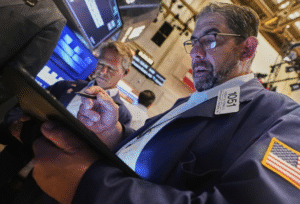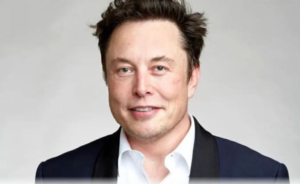Responding to criticism from the tech sector and foreign governments, the U.S. Department of Commerce has withdrawn a regulation set to take effect Thursday that would have restricted the export of artificial intelligence chips to numerous countries without federal approval.
In updated guidance, the Commerce Department explained that the rule would have hampered American innovation and imposed excessive regulatory burdens on companies.
The rule, introduced under President Joe Biden near the end of his term, aimed to balance national security concerns surrounding AI technology with the commercial interests of U.S. chipmakers and allied nations. While Washington had already imposed export restrictions on countries like China and Russia, this new rule would have expanded those limits to more than 100 other nations—many of which are long-time U.S. partners, including Middle Eastern countries President Donald Trump is visiting this week.
Major U.S. semiconductor firms such as Nvidia and AMD strongly opposed the measure, warning that it could prompt friendly nations to seek AI technology from China instead of the U.S.
“What the rule effectively did was signal to 120 nations that they couldn’t necessarily rely on the U.S. for access to critical AI technology,” said Microsoft President Brad Smith during recent testimony before the Senate.
Commerce Undersecretary Jeffery Kessler stated that the Trump administration intends to introduce a revised framework that fosters AI cooperation with trusted allies, while preventing adversarial states from acquiring sensitive technologies. While no details have been released yet, a new version of the rule is expected at a later date.
European leaders welcomed the rollback. European Commission spokesperson Thomas Regnier said the original rule risked damaging diplomatic ties by treating allied nations as lower-tier partners. He emphasized that EU countries, as close security partners and economic allies, should not face restrictions on purchasing advanced U.S. AI chips.
“We collaborate closely on security and present economic opportunities, not threats,” Regnier said in a statement.














